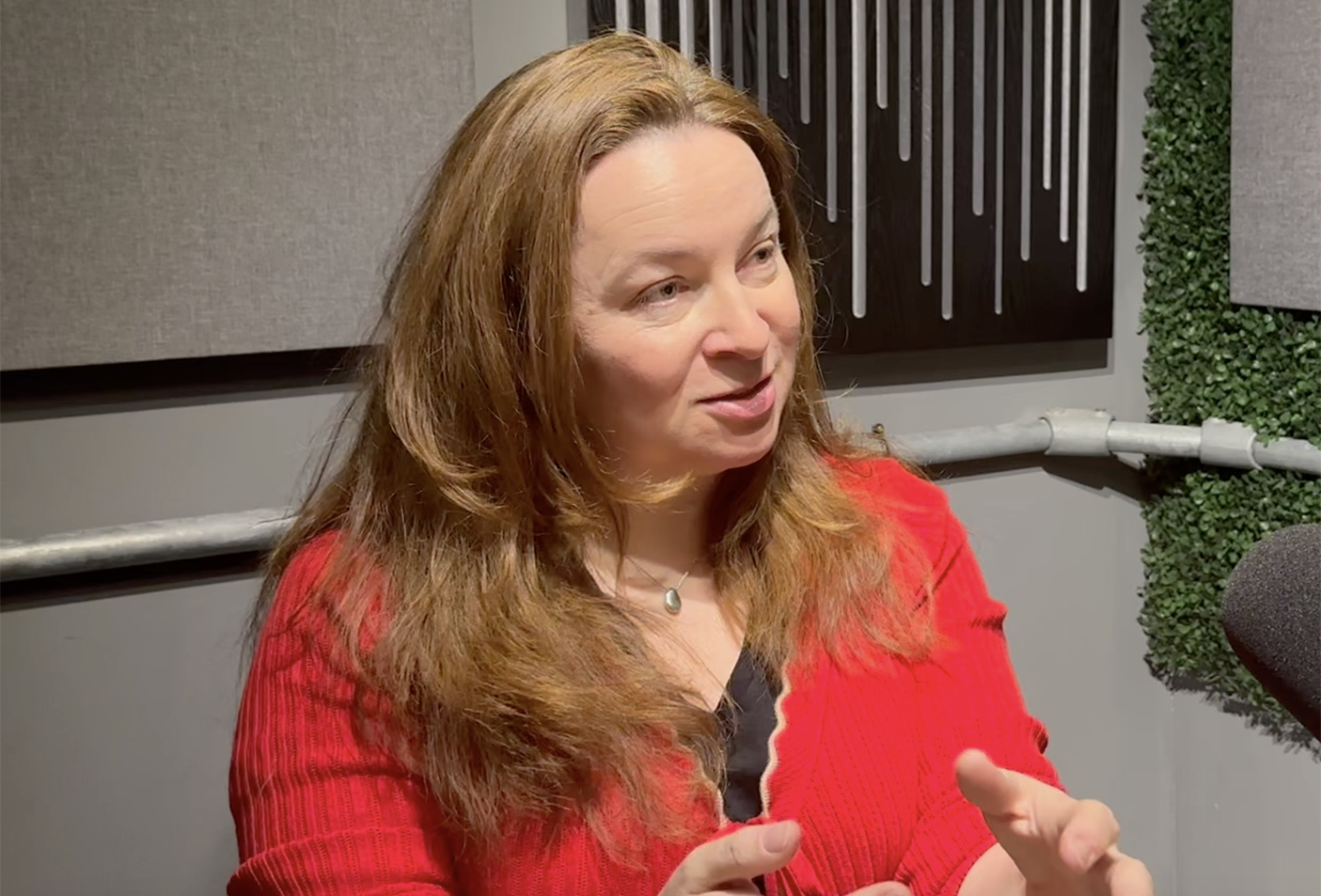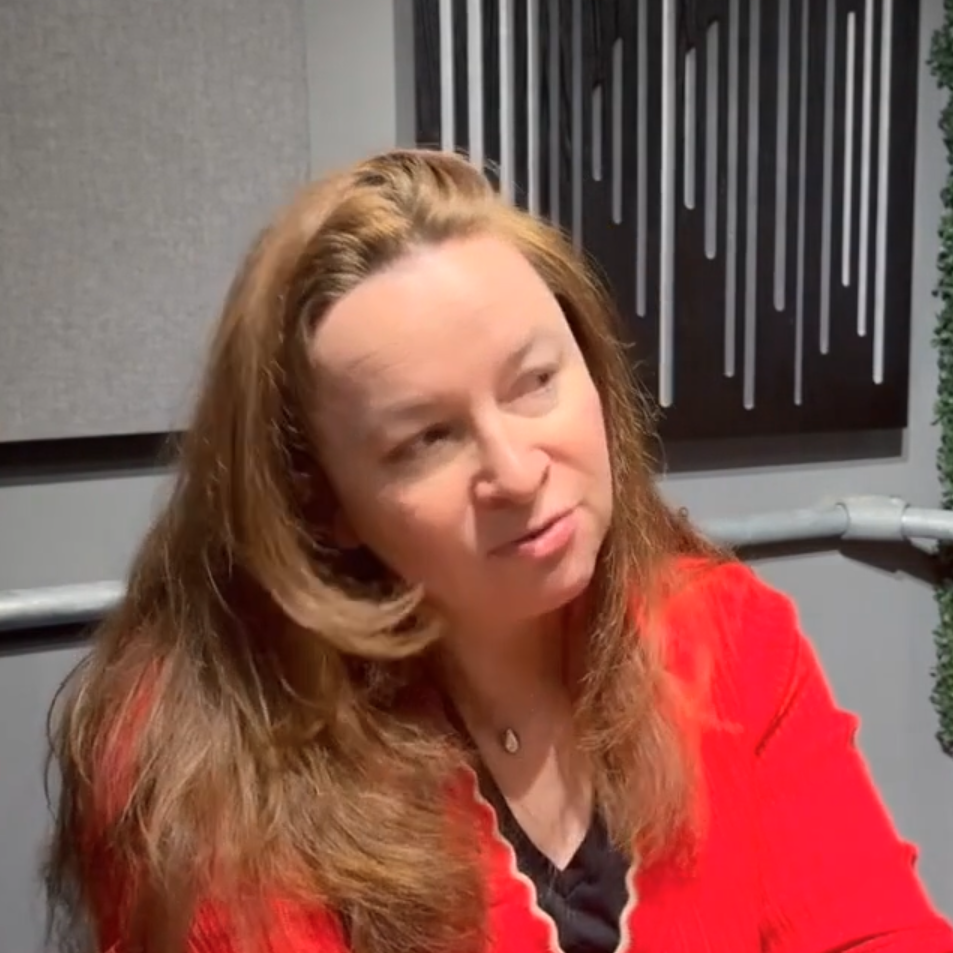Verve is a health communications agency with the belief that great scientific communication doesn’t just inform – it connects, inspires, and drives action. Science is more than just clinical data and research papers; it’s also about the people it impacts and the ideas that shape the world around us.
Our philosophy at Verve, Science, humanised, brings together the precision of science and the power of human connection. We blend data with empathy, translating complexity into communication that resonates. Whether we’re creating compelling healthcare narratives, simplifying scientific breakthroughs, or engaging audiences with thoughtful storytelling, our mission is the same: to bridge the gap between knowledge and understanding.
Because when science is understood, it becomes more than knowledge, it becomes meaningful. We don’t just convey facts; we create experiences that make science accessible, relevant, and engaging. Our approach ensures that every story is rooted in accuracy but delivered with emotion, inspiring people to take action.
In a world where science is more important than ever, clear and impactful communication is key. Let’s make science something humans (?) don’t just read about-but truly connect with.
Thanks for reading! Stay curious, stay connected – We give you Verve.





